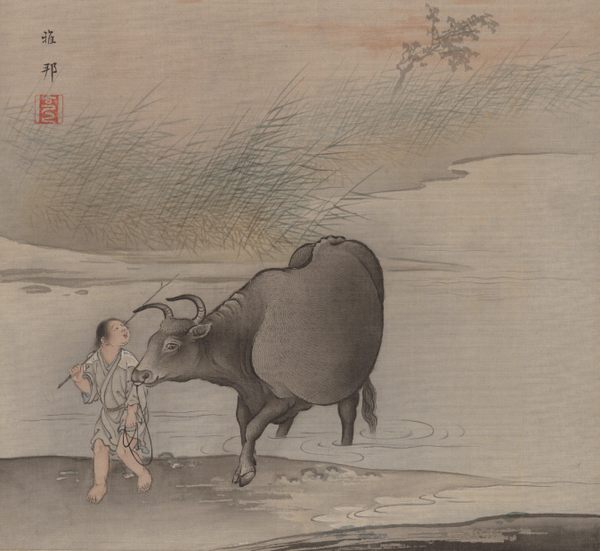cross-posted from: https://beehaw.org/post/143391
…arrival of Buddhism from Korea in the 6th century. At that time, the Japanese were meat eaters. Venison and wild boar (which was sometimes called yama kujira, or “mountain whale”) were popular. Aristocrats enjoyed hunting and feasting on deer entrails and wild fowl.
Yet Buddhism teaches that humans can be reincarnated into other living beings, including animals. Meat eaters run the risk of consuming their own reincarnated ancestors: not a very palatable thought. Buddhist principles of respect for life and avoidance of waste, especially in the case of food, slowly began to shape Japanese culture and seep into native Shinto beliefs.
In 675 A.D., Emperor Tenmu issued the first official decree banning consumption of beef, horse, dog, chicken, and monkey during the height of farming season from April to September. As time went on, the practice would be solidified and expanded into a year-round taboo against all meat eating.
Also worth reading https://www.kikkoman.co.jp/kiifc/foodculture/pdf_09/e_002_008.pdf
I have come to this after reading https://standardebooks.org/ebooks/etsu-inagaki-sugimoto/a-daughter-of-the-samurai/text/chapter-4
I was about eight years old when I had my first taste of meat. For twelve centuries, following the introduction of the Buddhist religion, which forbids the killing of animals, the Japanese people were vegetarians. In late years, however, both belief and custom have changed considerably, and now, though meat is not universally eaten, it can be found in all restaurants and hotels. But when I was a child it was looked upon with horror and loathing.


